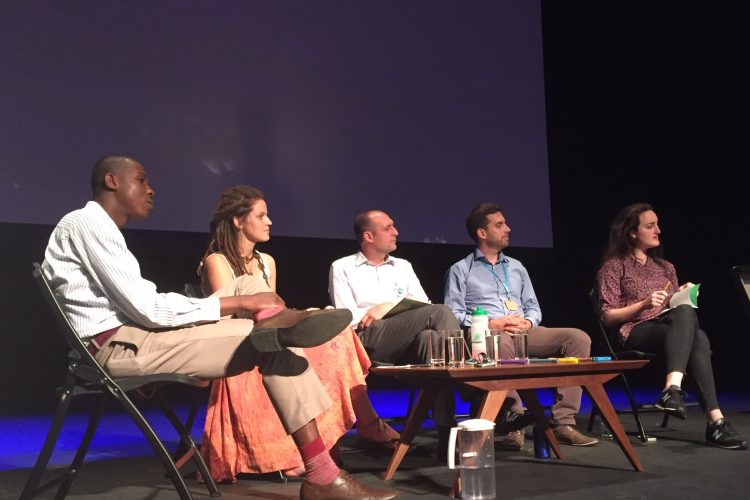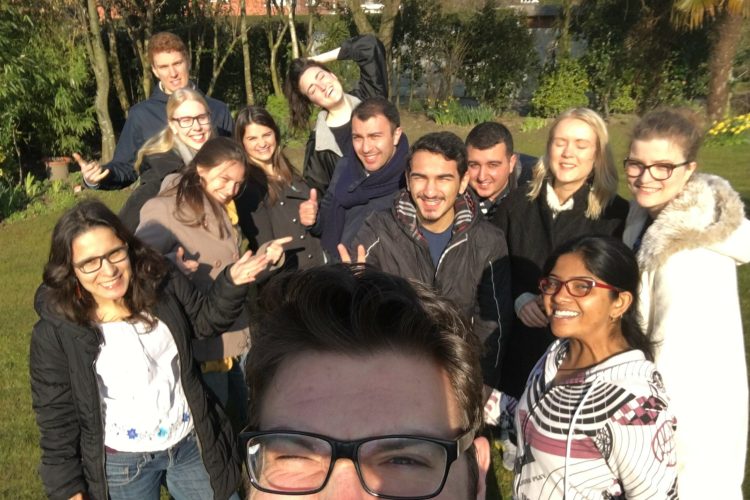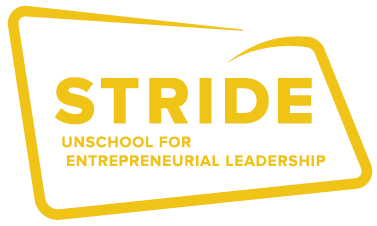At the example of Daimler Trucks, this thesis aims at raising awareness for highly possible changes in the business environment of every major company that uses sophisticated logistic networks...
The World Student Environmental Network (WSEN) Summit 2016 kicked-off on Sunday June 24th. With the other 75 delegates from more than 20 countries, oikos, represented by Anita Negri, was...
In this research we evaluate the environmental economic impact of shipping from the perspective of CO2 emissions by implementing Marine Emission Trading Scheme (METS), as defined. This trading scheme...
For the 29th consecutive year oikos St Gallen is hosting the oikos Conference. This year participants will discuss the potential of energy storage for renewable energy, the missing piece for...
For the third time, oikos Tbilisi is hosting the oikos Summer School. This year’s theme is ‘Transforming Management Education’. More information can be found here and here.
Investments are the key driving forces for the progress of our society. A new trend is being developed with impact investments, ensuring the societal value creation of the financial...
On a beautiful day in October 2015, in St Gallen, Switzerland, oikos LEAP officially debuted. With the motto that ‘great leaders set out to make a difference’, 40 participants...
oikos Roundtable. Co-organized with the Henley Business School and hosted by UBS. Thursday, 15 September 2016, 9.30am – 1.30pm. By invitation Goal The momentum for sustainable investing is...
The research paper examined the value of skills training on the socio-economic profiles of beneficiaries of microfinance in the Northern Region of Ghana. The main interest of the study...
“In retrospect, one of the greatest things of my oikos days (2007-2011 St. Gallen) was the community of fellow oikees with similar values and dreams for changing society. I...
- 1
- 2




